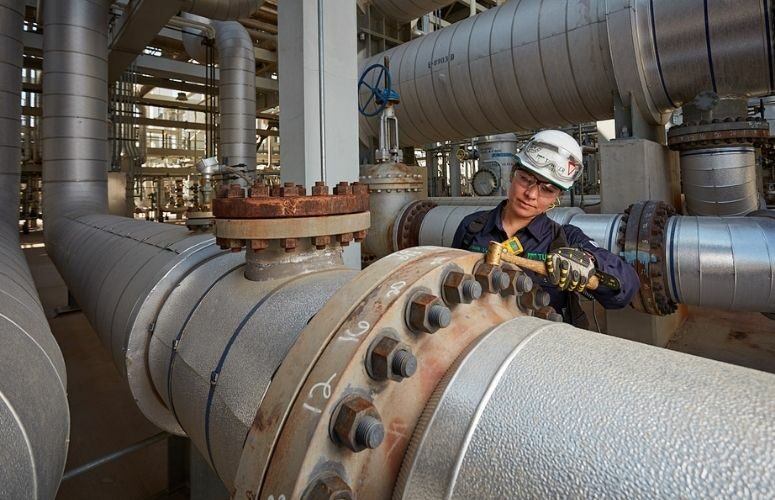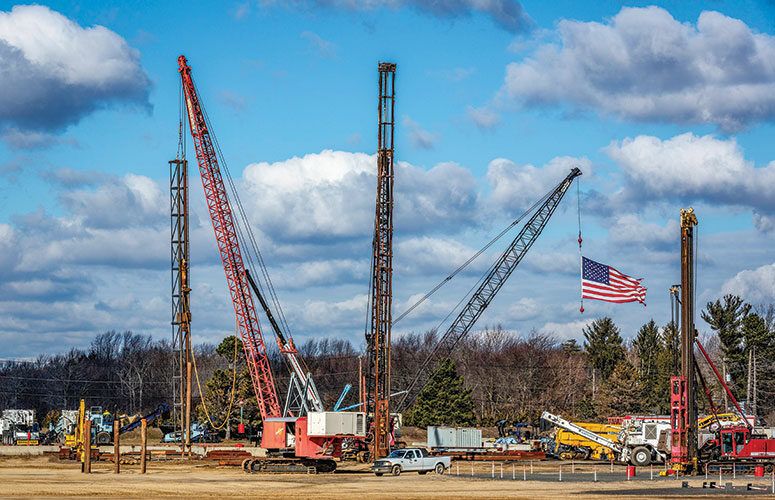
Project Labor Agreements Are Unfair to Workers and Costly for Taxpayers
On Nov 8, 2021Disclaimer: Sponsored content articles do not reflect the opinions of New Jersey Business magazine or the New Jersey Business & Industry Association.
By: Associated Builders & Contractors NJ Chapter
Government-mandated PLAs are project-specific collective bargaining agreements unique to the construction industry, which are typically created without input from nonunion, or “merit shop” contractors. PLAs require contractors to recognize unions as the representatives of their employees on taxpayer-funded construction projects over $5 million.
Further, they require membership or union fees for all nonunion employees, adherence to union work classification and hiring rules, and contributions to union benefit and multi-employer pension plans, which understandably discourage merit shop contractors from bidding on these projects.
PLAs Negatively Impact:
Stability and Predictability
PLAs are not necessary to ensuring labor peace; keeping a project safe, on time, budget; or in compliance with laws. Unions leverage the threat of labor unrest to justify PLAs, yet it has not stopped strikes on prominent PLA projects, calling into question the value of the agreements. Conversely, merit shop workers do not strike, yet are discouraged from working on PLA projects.
Diversity and Local Jobs
PLAs discriminate against merit shop contractors. This particularly impacts women and minority-owned construction companies whose employees traditionally have been under-represented in unions. According to the BLS, only 17.8% of NJs private construction workforce is represented by a union, and 98% of minority construction companies are nonunion.
Training and Cost
Participants in both federal and state approved nonunion apprenticeship programs, along with non-registered industry and educational programs, typically cannot work on PLA sanctioned projects. This excludes many professionals from hometown jobs, ignoring a critical workforce pipeline as the industry faces a shortage of skilled labor.
Additionally, studies of taxpayer-funded construction projects, subject to prevailing wage laws, demonstrate PLAs increase the cost between 12% and 20%, compared to similar projects not subject to PLA mandates by unnecessarily limiting the pool of qualified bidders and mandating inefficient work rules.
PLAs are unfair because they require union rules which harm nonunion contractors, their employees, and taxpayers who pay the bill for the inefficiencies and higher costs they produce.
Disclaimer: Sponsored content articles do not reflect the opinions of New Jersey Business magazine or the New Jersey Business & Industry Association.
Related Articles:





